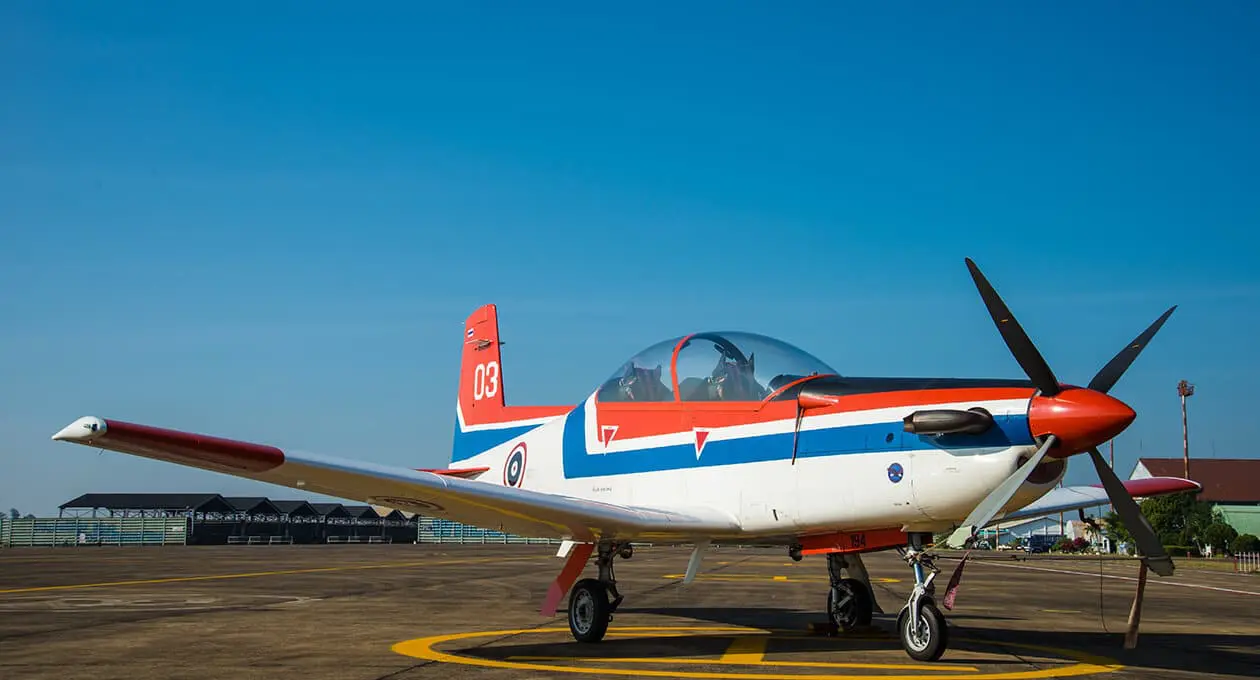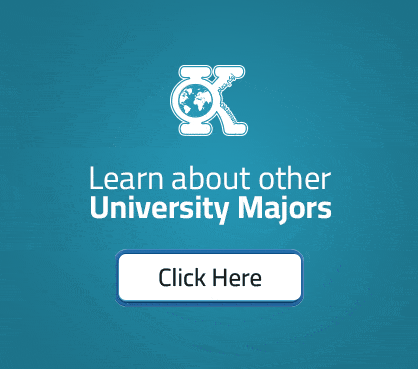Flight training is one of the practical disciplines that has witnessed significant development in recent years, owing to the variety of aircraft types and advancements in teaching and training techniques for professional piloting. The specialization focuses on imparting students the skill, art, and culture of aviation, in addition to engineering knowledge of aviation and pilot personal skills and characteristics, as pilots undergo challenging and critical moments that require them to utilize problem-solving skills under pressure effectively.
Flight training faculties offer various activities led by flying clubs and local and international aviation organizations for Students to develop leadership skills, effective communication, practical aviation experiences, and skills. Students Engage in training with rich content covering various technical and legal aviation subjects, utilizing modern educational equipment and techniques under the supervision of distinguished instructors.
What skills are required to be acquired while studying flight training?
- Cultivating aviation culture
- Leadership and entrepreneurship skills
- English language speaking skills
- Personal discipline and balance
- Precision decision-making skills under pressure
- Curiosity, exploration, and research enthusiasm
- Teamwork and collaboration skills
Curriculum for flight training programs
First academic year
- Communication skills and academic report preparation
- Applied mathematics
- General Physics
- Introduction to Civil Aviation
- Introduction to computer and programming
- Aviation safety systems
- Aviation law
Second academic year
- Aircraft fundamentals
- Aviation equipment and avionics
- Meteorology
- Operations and communication procedures
- Introduction to air traffic
- Human factors in aviation
- Flight planning and performance
- Introduction to aviation theory
- Basic aircraft systems
- Aircraft loading and balance
Third academic year
- Flight planning and monitoring
- Air traffic communications
- Flying on the first solo flight
- Types of aircraft engines
- Aircraft structure and systems
- Flying on the second solo flight
Fourth academic year
- Night flight applications
- Principles of flight
- Flight applications
- Multi-engine flight applications
Students also undergo practical flight training during specified weekly hours, with the number of hours and theoretical course content varying from one university to another. You can visit the official website of the university you wish to study at to learn all the details about the program.
Job opportunities for graduates
Graduates work in aviation companies, tourism companies, or as independents at both local and international levels in the following roles:
- Civil pilots
- Aviation managers
- Assistant pilots
- Logistics specialists
They can also pursue an academic path, studying for a master’s degree and then a doctorate, and work in universities.




